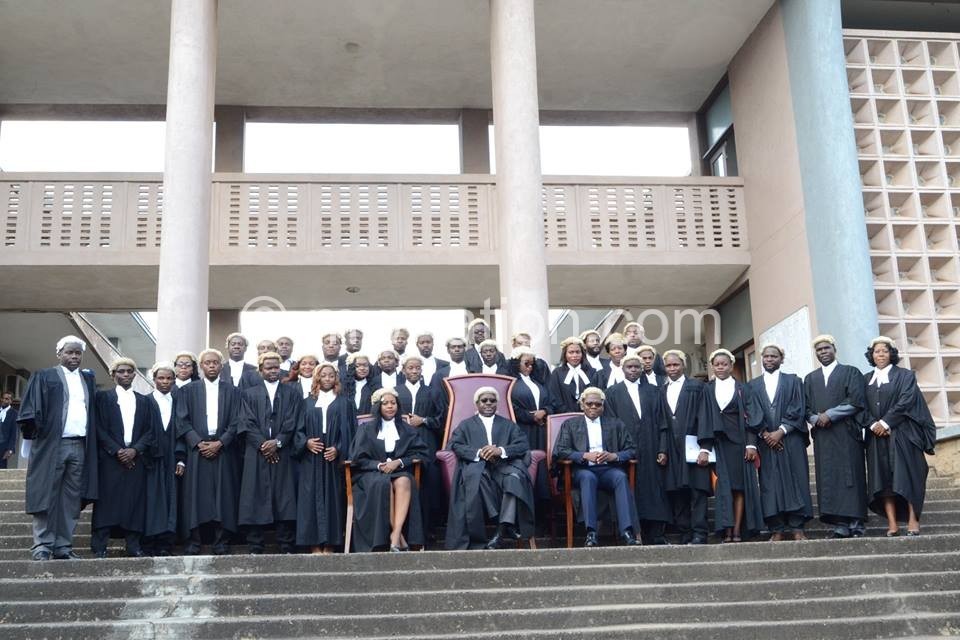Ombudsman stops private ’varsity law degrees

The Office of the Ombudsman has ordered all private universities offering law degree programmes to stop immediately, saying they are doing so illegally.
In the determination made on Friday and welcomed by Malawi Law Society (MLS), the Ombudsman said the institutions should only resume providing law degree programmes after legal impediments are dealt with.
The determination followed a complaint filed by law students from privately-owned Blantyre International University (BIU) and Share World University who queried the non-accreditation of their law programmes by the National Council for Higher Education (Nche).
In her determination, Ombudsman Martha Chizuma dismissed suggestions that Nche was engaging in unfair practices by revoking accreditation of law degree programmes offered by the two institutions.
She said: “The law programme that was being offered by Share World University and BIU was never accredited from the start.
“This is not because the law prohibits the two universities from offering the law programme for study, but rather because the Malawi Council for Legal Education [MCLE], which is legally mandated to provide technical guidance through regulation of syllabus and curriculum before accreditation of the programme, has to date only done so for the law programme at the University of Malawi [Unima] Chancellor College.
“Much as I truly sympathise with the complainants herein and others in similar situation some of whom are actually in my office, any law programme being offered by any other university in the country is being illegally offered and will result to nought. The qualification attained is not a law degree and the so-called graduates cannot be called lawyers.”
The battle between some private universities and Nche on accreditation of programmes has dragged for years with some ending in court battles.
Reacting to the determination in a written response, MLS honorary secretary Martha Kaukonde yesterday asked tertiary institutions seeking to offer law programmes to comply with the dictates of the law.
She said: The law profession is one of the specialised trades regulated by law. The Legal Education and Legal Practitioners Act is the applicable law and Section 3 mentions the MCLE as the corporate body to supervise and control legal education in Malawi.
“Any institution intending to offer legal education is supposed to abide by the provisions of this law. It is important for such institutions to offer courses that are accessible by law and to inform their students about the clear status of the courses they are offering.
“The students cannot claim rights they did not have in the first place when they enrolled for a programme that was not accredited.”
In a written response, Nche chief executive officer Ignacio Jimu emphasised on quality of programmes and conformity to relevant laws by operators.
He said: “Individuals and institutions who would like to contribute to increasing access to higher education should do so within the law. Measures aimed at increasing access to higher education should not be at the expense of quality.”
Jimu said Nche was in the process of bridging the information gap with operators, citing awareness meetings the council organised in October 2018 and a meeting between Nche and public and private university representatives last week where they discussed a higher education qualifications framework for Malawi.
Efforts to talk to president of the Association for Private Universities in Malawi (Apuma), Maggie Madimbo, proved futile as she could not be reached on her mobile phone.
But the Ombudsman has given chance to any party with sufficient interest in the matter to seek a review in the High Court of Malawi within 90 days.





